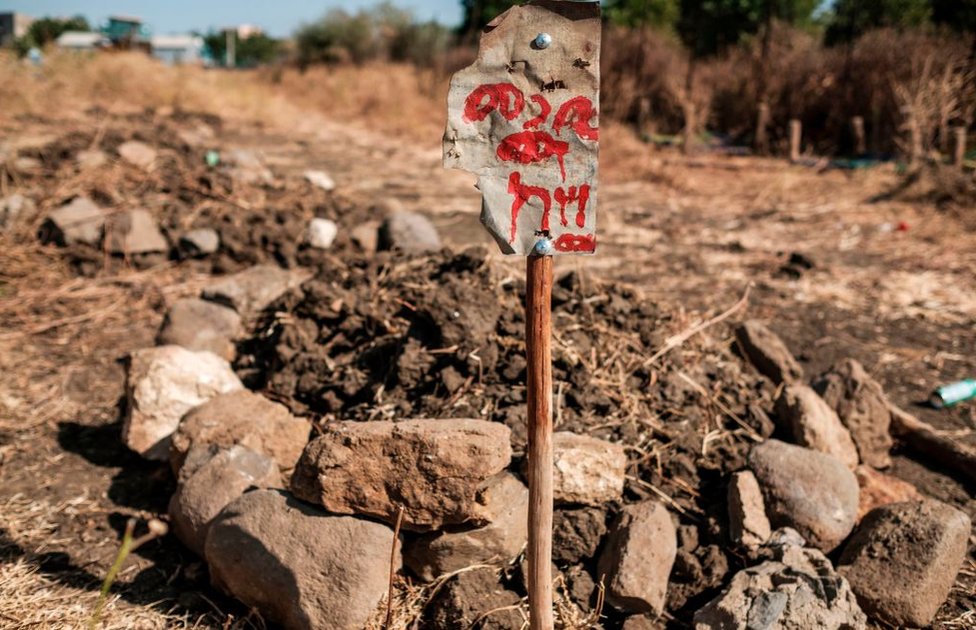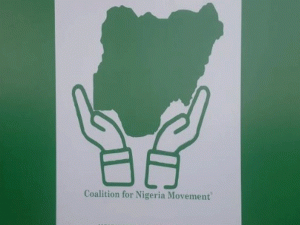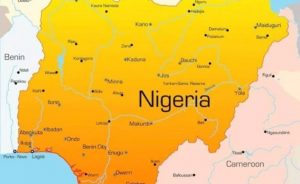Is Ethiopia undermining the African Union ?

Shortly before three former African heads of state arrived in Ethiopia’s capital, Addis Ababa, to seek a peaceful resolution to the conflict in the northern Tigray region, Prime Minister Abiy Ahmed ordered what he called the “final phase of our rule of law operations”.
This was a remarkable rebuff.
Former Presidents Ellen Johnson Sirleaf of Liberia, Joachim Chissano of Mozambique and Kgalema Motlanthe of South Africa met Mr Abiy on Friday, but were told that the Ethiopian government would continue its military operations.
Mr Abiy also said that they could not meet any representatives of the group Ethiopia is fighting in Tigray, the Tigray People’s Liberation Front (TPLF), which the prime minister has dismissed as a “criminal clique”.
Citing the Charter of the United Nations in a statement earlier in the week, the prime minister insisted that the federal government was engaged in a domestic law-enforcement operation and the principle of non-interference in the internal affairs of a sovereign nation applied.
But Nigerian legal expert Chidi Odinkalu argues that Ethiopia is using the charter to escalate a war, the opposite of its pacific intent, saying that the “audacity of this position is disconcerting”.
He points out that the conflict is already internationalised, because Eritrea is entangled and refugees are crossing into Sudan.
Also, the United Nations has adopted principles to prevent states abusing the doctrine of non-interference to give themselves impunity to commit atrocities.
Since 1981, conflict resolution has been a duty and a right. Since 2005, states have had the responsibility to protect civilians in conflict.
Fears of war crimes
In rebuffing the African mediators, Mr Abiy is not just turning down a peace initiative. He is challenging the foundational principles of the African Union itself.
Article 4(g) of the AU’s Constitutive Act – to which Ethiopia acceded in 2002 – does specify “non-interference by any member state in the internal affairs of another”.
But this is immediately followed by Article 4(h), which gives the AU the right “to intervene in a member state… in respect of grave circumstances, namely: war crimes, genocide and crimes against humanity”.
This so-called “duty of non-indifference” was adopted in the wake of the 1994 genocide in Rwanda.
It was first formulated by an International Panel of Eminent Personalities, strongly supported by Ethiopia, which was brought together to recommend how Africa should prevent such atrocities in the future. “Non-indifference” is Africa’s version of the UN’s “responsibility to protect”.

The Ethiopian government has itself accused the TPLF of carrying out atrocities, and observers fear that when the news blackout is lifted, evidence of war crimes by both sides will come to light.
There are unconfirmed reports that Eritrean troops have crossed the border and rounded up Eritrean refugees in United Nations camps in Tigray, which would be a violation of the United Nations convention on refugees.
Ethiopia’s diplomatic triumph
The Organisation of African Unity (OAU) was founded in 1963, with its headquarters in Addis Ababa, with the aim of consolidating the newly won independence of African states.



